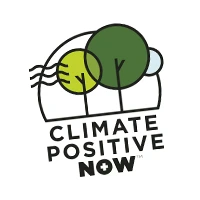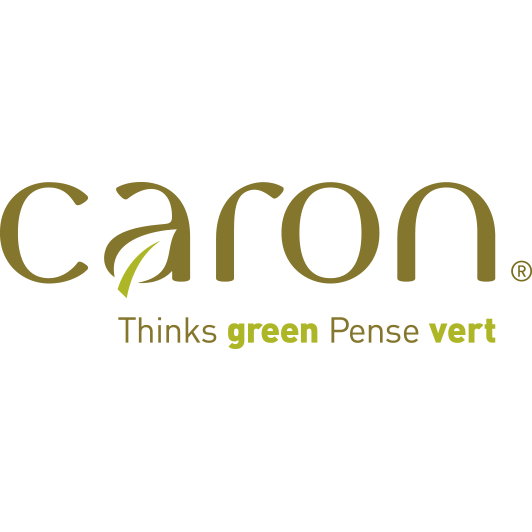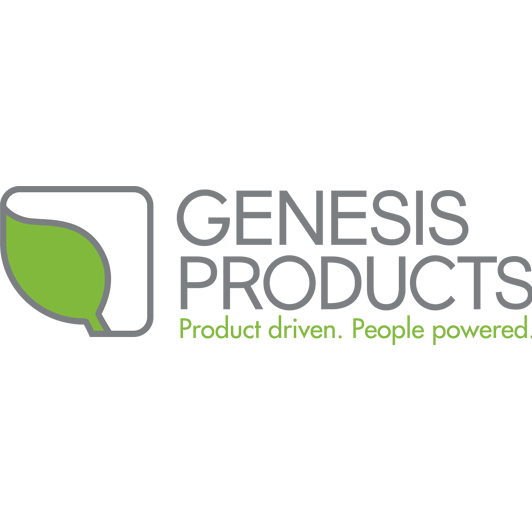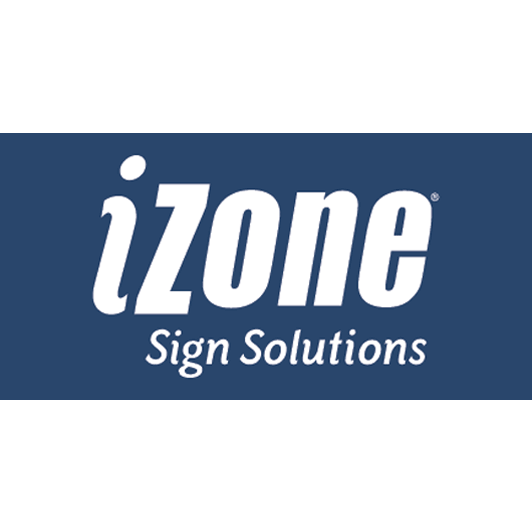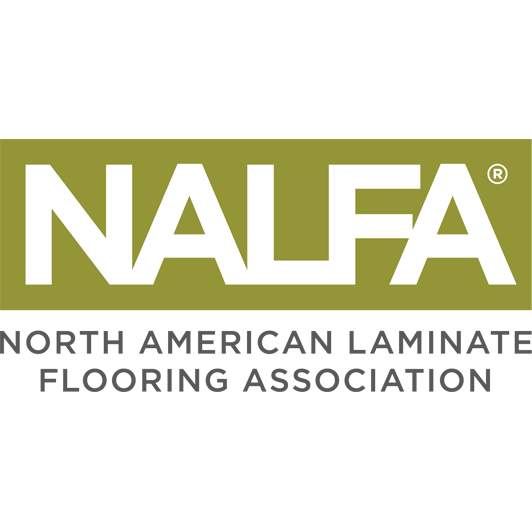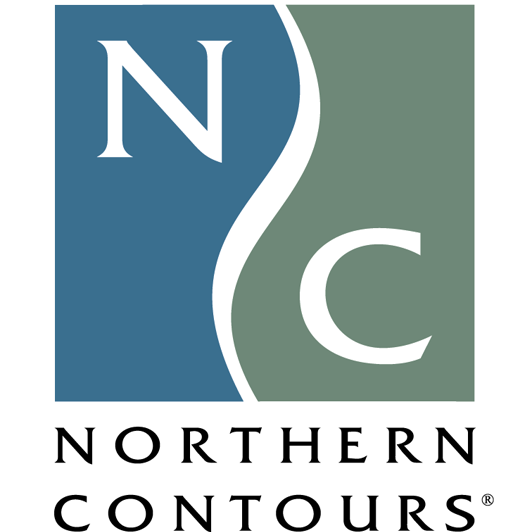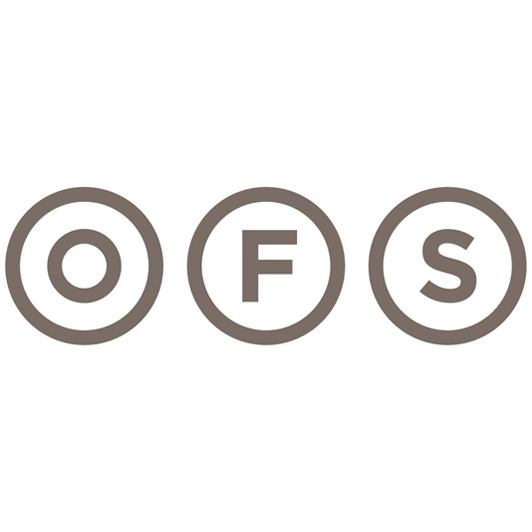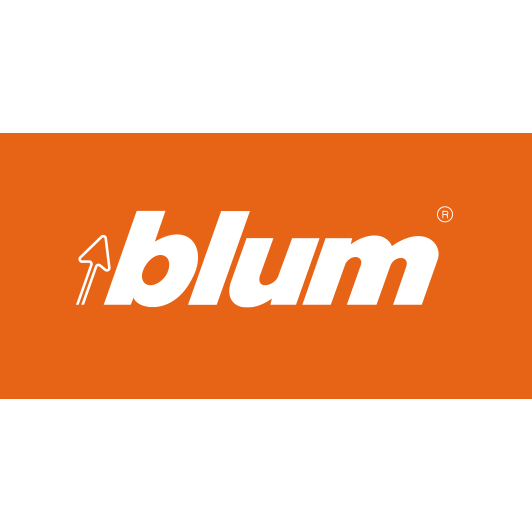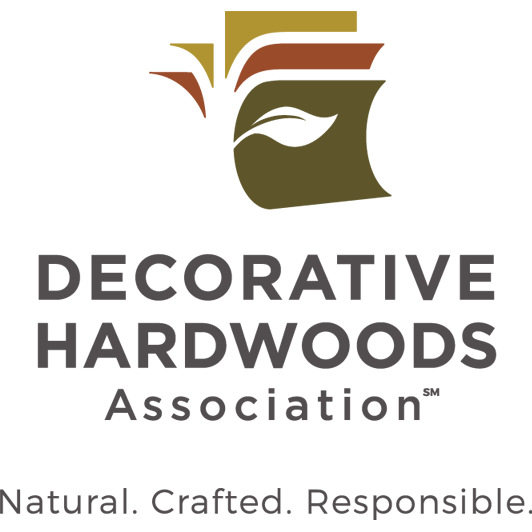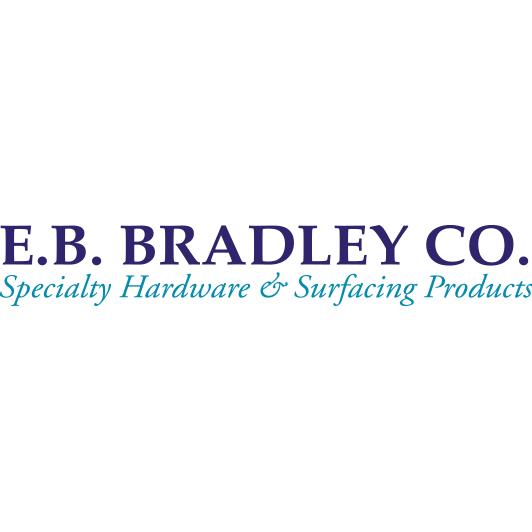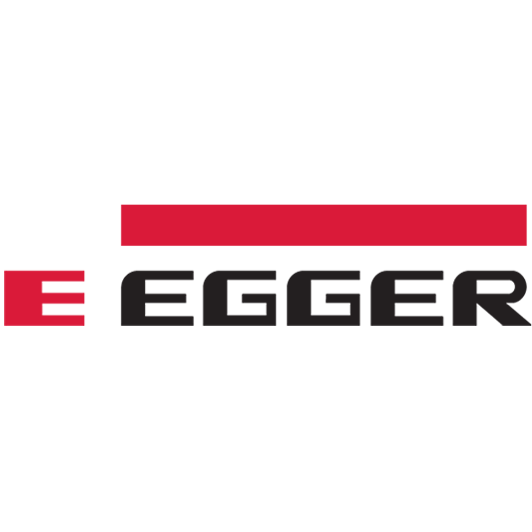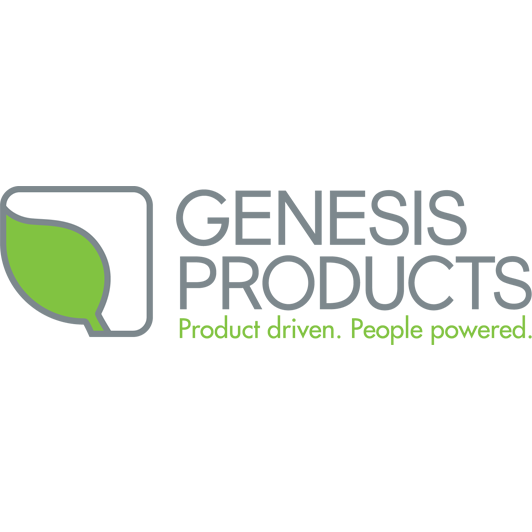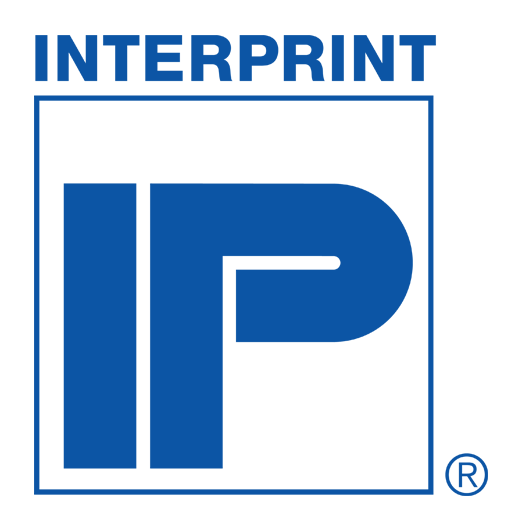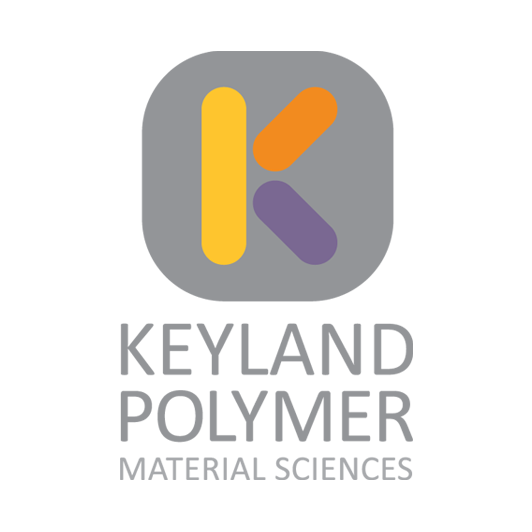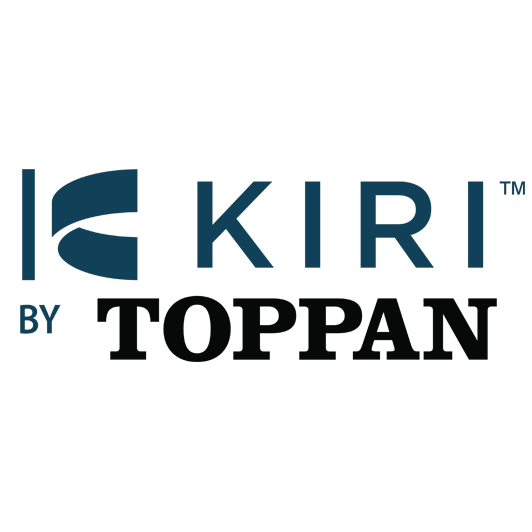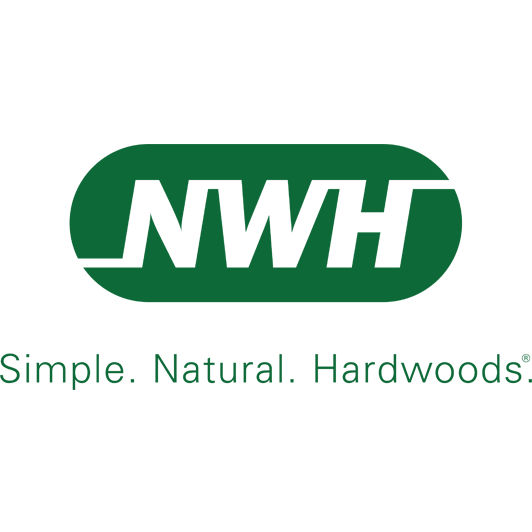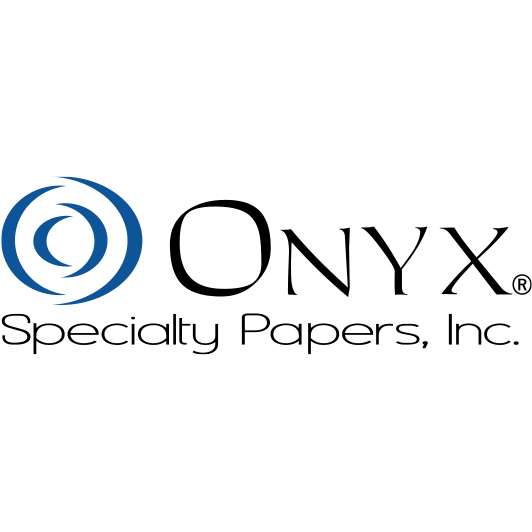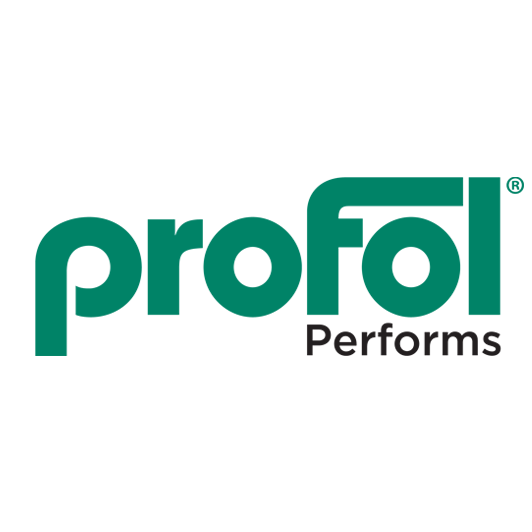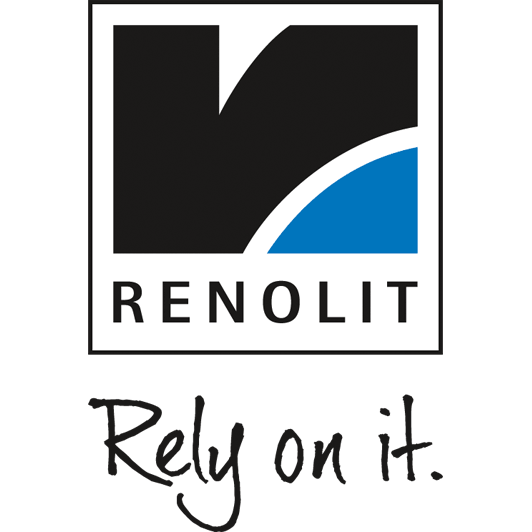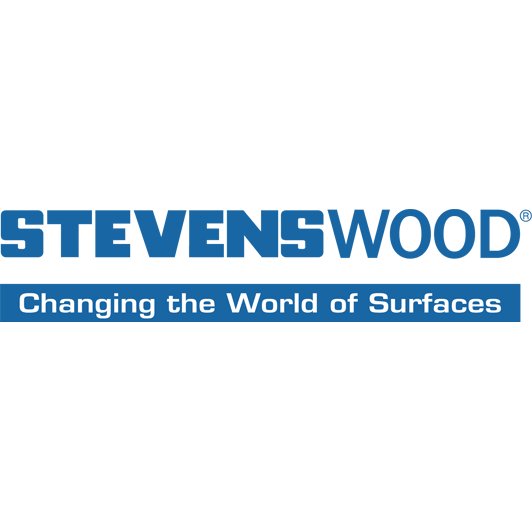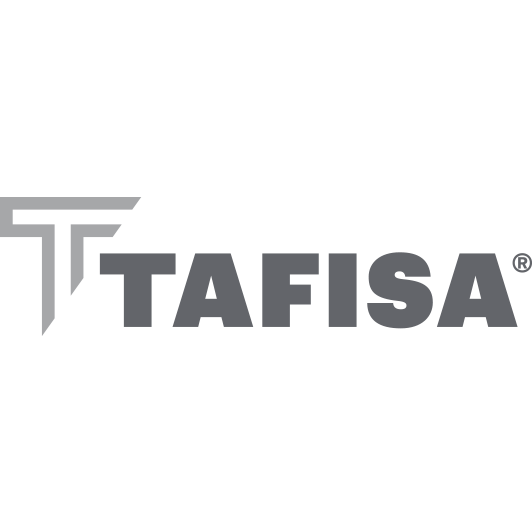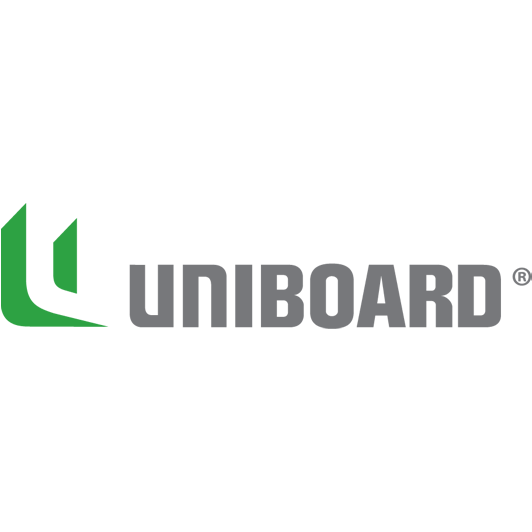Climate Positive NOW.
It not only describes a category of building materials, it is an urgent call to action.
Our mission: To increase the use of materials that are proven to reduce the carbon footprint of the built environment; to protect our sustainable resources; and to nurture the small businesses and communities that make up our industry.
- To be truly Climate Positive NOW, we must begin at the very top of the supply chain.
- Every input that helps extend the life and use of wood-based materials is an essential part of the equation.
- And every manufacturer, vendor, distributor, and retailer committed to promoting products made with these materials is key to the success of our mission.
The companies you see on this page are committed to making a difference—for the climate, and for all of us.
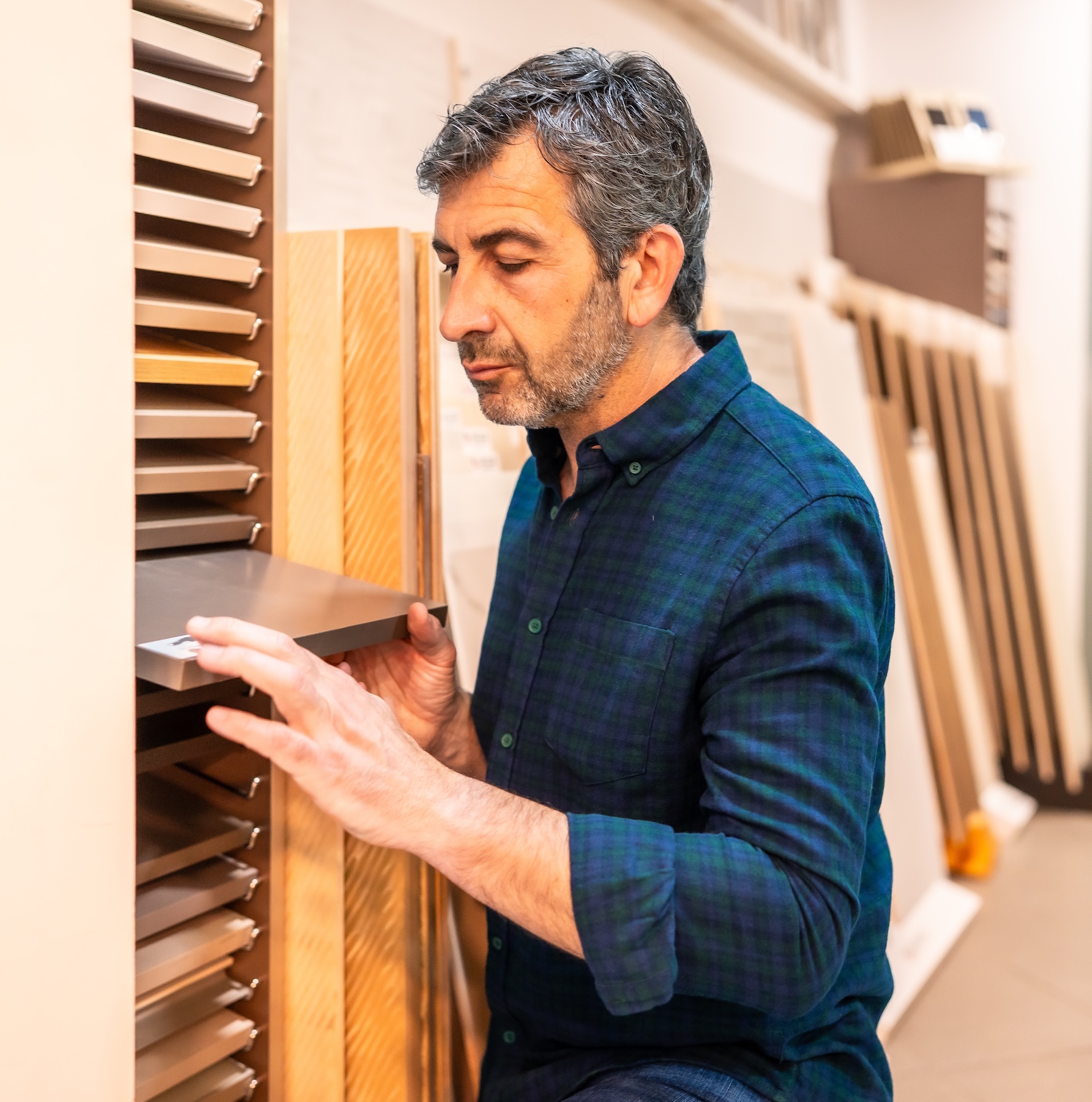
Our Founding Partners
Part of the global Interprint Group, Interprint, Inc. in Pittsfield, Mass. is a designer and printer of decorative papers and films used as the design layer in laminate surfaces such as kitchen countertops, flooring, furniture, and retail fixtures.
In addition to the visual appeal of Interprint’s products, the surfaces that Interprint’s customers manufacture provide a sanitary surface for, and prolong the life of, carbon-sequestering composite wood panels such as particleboard and MDF.
Interprint’s Pittsfield facility was constructed on a former brownfield and features an expansive solar array, skylights, and LED fixtures on motion sensors. The company’s state-of-the-art treatment facility returns wastewater cleaned beyond the most stringent environmental thresholds. Interprint’s papers are made from eucalyptus pulp sourced from responsibly managed farms, and its inks are water-based and organic.
For more information about the Interprint Group, visit interprint.com.
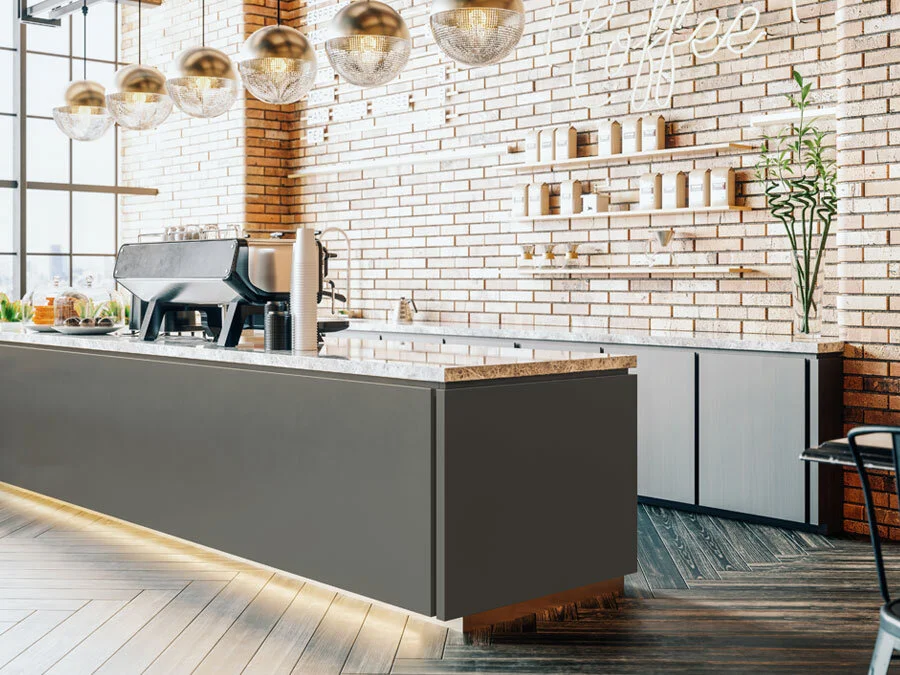
3D Laminates for Commercial and Residential Design
Riken USA is a leading international producer of various types of films including 3D laminates, based in Japan. The company is known in the furniture materials industry for its innovative color and finish technologies, consistent high-quality, and customer training and service. Riken’s 3DL surfaces extend the application possibilities and durability of Climate Positive MDF panels, contributing to long-term carbon sequestration.
Riken’s 3D laminates are thin, wear-resistant decorative thermoplastic overlays, laminated to carved or shaped MDF panels for furniture or architectural wall panels. They are unique in that they can be laminated to panels with 3D details machined into their faces and edges, as well as unconventionally shaped panels and edge details. 3DL overlays will not crack from impact, and when properly applied, will never delaminate.
3DL’s ability to “self-edge” – wrap seamlessly around five of six panel edges as well as interior cut-outs – reduces processing steps and helps seal the panel core against moisture and bacteria. The seamless 3DL surface is also easy to clean with simple soap-and-water solutions, perfect for healthcare, education, hospitality, and other applications where frequent and thorough cleaning is required.
3DL is available in a range of colors, patterns, and woodgrain designs with realistic synchronized textures. Riken offers a guide to matching designs in HPL and TFL for easy value engineering.
Among Riken’s customers is one of the largest and most innovative companies making 3D laminated furniture and architectural components in North America, specializing in healthcare, retail, and commercial projects. They use Riken’s 3DL to create components that mimic shaped solid wood, lacquered doors, stone, solid surface, and machined metals.
“Anything you can draw or design, we can make with 3DL. Designers need to know they have the flexibility to say, ‘This is what I want!,’ and we can figure out how to do it…at a lower cost, in terms of budget and sustainability, than most other options.”
Learn more at Riken-USA.com, and through our IDCEC-Approved CEU presentation.
Green to the core! That’s our motto.
We acknowledge that as a prominent manufacturer in the North-American wood-based panels industry, it is our responsibility to lead the way in sustainable manufacturing. Our goal is to deliver the full potential of wood-based panels and thus provide our customers with the best value products, while upholding the highest standards of service and promoting responsible business and environmental practices.
From the beginning, Tafisa has been committed to taking the sustainable development route by conforming to the most stringent environmental standards and implementing innovative and proactive initiatives to manage and improve its environmental performance.
In 2005, Tafisa® decided to adhere to the 3RV-E hierarchy, investing in green technology to further enhance its capacity to recycle wood materials derived from the CRD and ICI (industrial, commercial and institutional) sectors, rather than relying solely on the traditional forestry sector. This marked the beginning of the RewoodTM era, an innovative plan that would enable Tafisa® to develop a new green source of supply and ultimately extend wood products useful life cycle.
The RewoodTM technology enables the recycling of 244,000 tons of post-consumer wood fiber annually, thus saving millions of trees and making inroads into the circular economy. Instead of ending up in a landfill site or used as fuel for energy production, post-consumer wood materials are recycled and integrated into Tafisa® particleboard panels.
We strongly believe that education through peer learning and exchange has an essential role in promoting sustainability. In 2011, Tafisa® launched its – CO2 – campaign to inform its customers about the carbon sink properties of wood-based panels, which contribute to reducing greenhouse carbon emissions. Moreover, customers can be confident that the products they purchase from Tafisa® are FSC-certified, meaning they come from responsibly managed forests that provide environmental, social and economic benefits.
Tafisa® panels qualify for LEED® credits (Leadership in Energy and Environment Design) under the US Green Building Rating System which is a green building certification program that recognizes best-in-class building strategies and practices.
Additionally, Tafisa® panels have been granted Eco-Certified Composite Grademark Program (ECC) Certification by the Composite Panel Association (CPA), demonstrating an exemplary commitment to the sustainable use of wood fiber and to environmental stewardship.
“Tafisa® is dedicated to pushing boundaries on the environmental front and is proud to contribute to the collective effort towards making our planet a greener world. ”
To learn more, visit us at tafisa.ca.
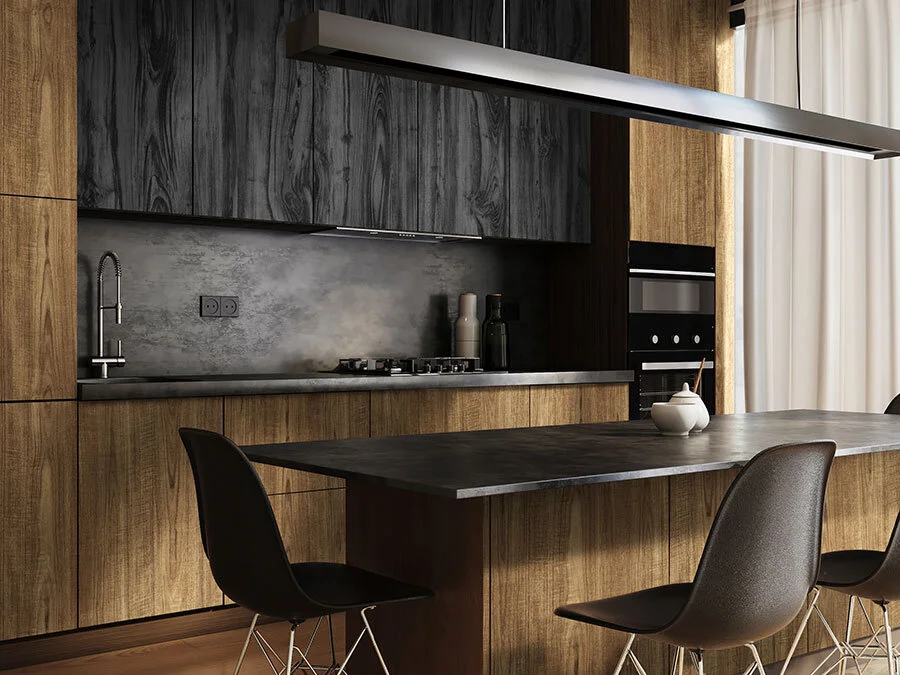
As a leading North American producer of TFL decorative composite wood panels and HPL, Uniboard is convinced that operating a profitable business and maintaining a responsible approach to people and resources are by no means contradictory aims, but that they are actually mutually beneficial. At Uniboard, we work with renewable and sustainable resources, conserve energy, and reduce material consumption and emissions to produce quality products in a clean and safe manufacturing environment.
“Long before environmental concerns became mainstream, Uniboard was in the forefront by recycling post-industrial wood waste otherwise destined to be burnt or sent to land fill. ”
Our environmental audit program helps us stay abreast of changing rules and regulations while identifying potential risks in our operations.
Today, we continue to ensure the proper use of wood fiber waste into value-added and environmentally friendly products. Uniboard recuperates and reuses post-industrial and urban wood waste to reduce wood fiber consumption and land filling.
In partnership with our customers, Uniboard developed lighter products with outstanding physical properties that reduce our carbon footprint and help reduce CO2 emissions in production and transport. Concerning urea formaldehyde, Uniboard constantly strives to reduce emissions from its products and meet and exceed voluntary industry standards. Our NU Green® products meet CARB Phase 2 and TSCA TITLE VI emissions standards, the most stringent environmental guidelines in North America.
In fact, our NU Green portfolio goes above and beyond CARB 2 and TSCA TITLE VI standards as our NU Green products are also offered in ULEF (ultra-low-emitting formaldehyde) options. NU Green products help builders achieve LEED® (Leadership in Energy & Environmental Design) certification, the most recognized program to promote ”Green” buildings.
Our facilities are FSC certified for traceability and chain of custody by Preferred by Nature. Uniboard’s raw particleboard, medium density boards and TFL are available as FSC-certified products.
Uniboard’s TFL panels carry beautiful engineered decorative surfaces that replicate the look and feel of rare and fragile woodgrains while minimizing the harvest of these valuable trees.
For more information, please visit Uniboard.com.
